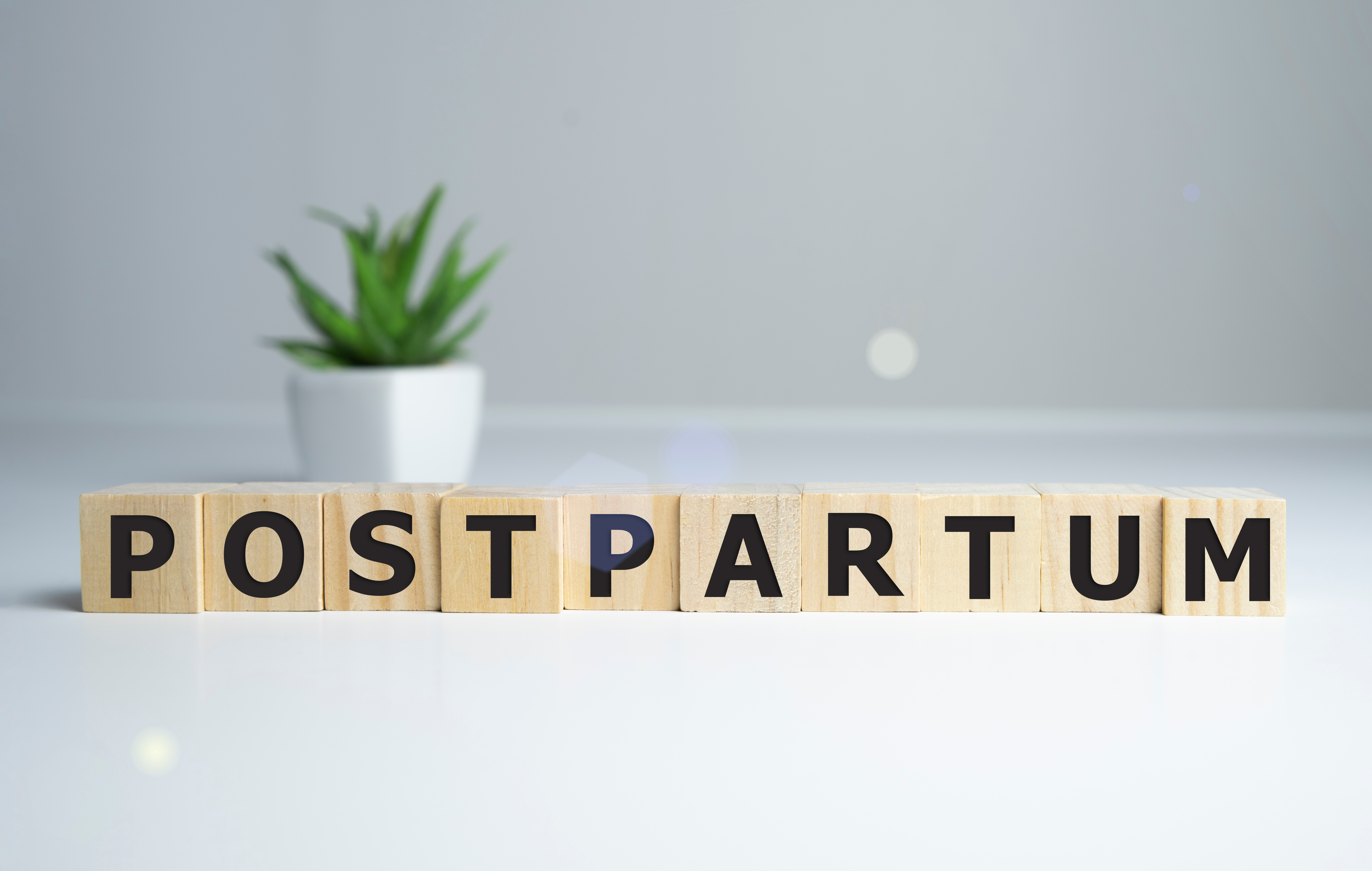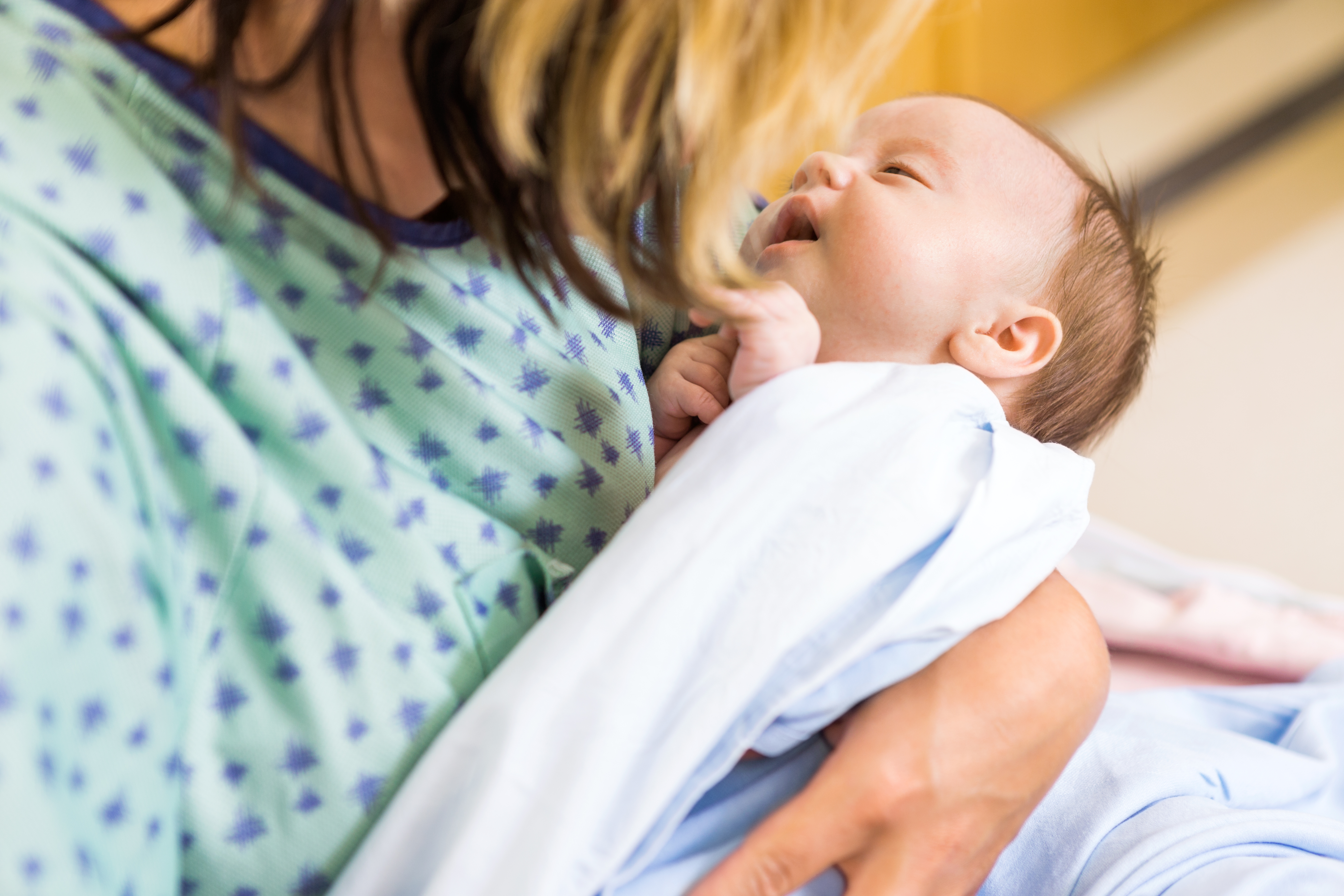Carole Falletta, MS, MA, PMHNP-BC, FNP-BC, RNC-EFM, IBCLC, LCCE Carole is a nurse practitioner with over 30 years of experience in nursing, specializing in women's health, newborn care, and reproductive and postpartum mental health. Actively practicing in healthcare, she supports women and families during the perinatal journey through compassionate, evidence-based care. A dual board-certified nurse practitioner in psychiatric and family health, Carole is also an International Board-Certified Lactation Consultant (IBCLC) and Lamaze Certified Childbirth Educator, combining her clinical expertise and passion for education to empower mothers and babies.
Childbirth is an incredible event that transforms your body in so many ways. While you’re busy caring for your new little one, it’s important to also care for yourself. Postpartum recovery can come with a few unexpected bumps, and one of those could be an infection. These are usually rare and treatable, but knowing the signs and how to prevent them is a big step toward staying healthy and strong in the weeks after delivery. Let’s explore where infections can occur, what to watch for, and how to help your body heal.

What Is a Postpartum Infection?
A postpartum infection can happen when bacteria enter your body during or after delivery. Your body is working hard to heal after childbirth, but sometimes small tears, incisions, or other postpartum changes can create an opportunity for infection. These infections are treatable, especially when caught early, and knowing what to look for is key.
Where Can Postpartum Infections Occur?
Here are some common areas where infections can develop after childbirth:
- The Uterus: This is called endometritis, an infection of the uterine lining.
- C-Section Incisions: If you had a cesarean delivery, your incision site can be a potential area for infection.
- The Perineum: This is the area between your vaginal opening and anus, which may have been torn or cut during delivery.
- The Breasts: Breastfeeding moms may experience mastitis, an infection in the breast tissue.
- The Urinary Tract: Postpartum urinary tract infections (UTIs) are fairly common, especially after a catheter is used during delivery.
What Are the Signs of a Postpartum Infection?
Recognizing the symptoms of an infection early is important. Common signs to watch for include:
- Fever or chills: A temperature of 100.4°F (38°C) or higher.
- Increased pain, swelling, or redness: This could occur around an incision, tear, or episiotomy site.
- Unusual vaginal discharge: Foul-smelling, green, or yellow discharge, or heavy bleeding with large clots.
- Breast pain or redness: Swelling, redness, warmth, and hardness in the breast, often accompanied by flu-like symptoms, could indicate mastitis.
- Pain or burning when urinating: Frequent urges to urinate or pain during urination may signal a UTI.
- Feeling unwell: Extreme fatigue or flu-like symptoms that don’t improve with rest.
What Can I Do to Prevent Postpartum Infections?
The good news is that there are plenty of ways to reduce your risk of postpartum infections. Here are some simple, practical steps to keep you feeling your best:
- Practice Good Hygiene
Wash your hands often, especially before and after using the bathroom or changing pads. Keep any incisions or perineal tears clean and dry. - Use a Peri Bottle
A peri bottle can be a lifesaver for cleaning the perineal area gently after using the bathroom. - Change Pads Regularly
Postpartum bleeding (lochia) is normal, but changing pads frequently helps prevent bacteria from growing. - Stay Hydrated and Eat Well
Drinking plenty of water and eating nutrient-rich foods can support your body’s recovery and boost your immune system. - Empty Your Bladder Often
Don’t hold it! Keeping your bladder empty can help reduce the risk of UTIs. - Get Plenty of Rest
Easier said than done with a newborn, but rest is essential for healing. Let others help with chores so you can focus on recovery.
When Should I Call My Doctor?
If you notice any signs of infection, trust your instincts and call your healthcare provider. It’s always better to be cautious. Seek medical advice if you experience:
- A fever of 100.4°F (38°C) or higher
- Worsening pain, swelling, or redness
- Foul-smelling vaginal discharge
- Difficulty urinating or persistent burning
- Heavy bleeding with large clots
- Breast pain or flu-like symptoms that don’t improve
Remember:
Postpartum recovery is about more than just adjusting to life with a newborn—it’s also a time to care for your own health. Staying informed about the signs of infection and taking simple preventative steps can make a big difference. If something feels off, don’t hesitate to reach out to your healthcare provider. Your body has been through an incredible journey, and giving it the care it needs will help you feel stronger as you recover.

Carole Falletta, MS, MA, PMHNP-BC, FNP-BC, RNC-EFM, IBCLC, LCCE Carole is a nurse practitioner with over 30 years of experience in nursing, specializing in women's health, newborn care, and reproductive and postpartum mental health. Actively practicing in healthcare, she supports women and families during the perinatal journey through compassionate, evidence-based care. A dual board-certified nurse practitioner in psychiatric and family health, Carole is also an International Board-Certified Lactation Consultant (IBCLC) and Lamaze Certified Childbirth Educator, combining her clinical expertise and passion for education to empower mothers and babies.
- Latest Posts by Carole Falletta
-
Breastfeeding Twins: Essential Tips for New Moms
- -
Safe Postpartum Weight Loss: When to Use Medications
- -
Understanding Water Breaking and Dilation
- All Posts




